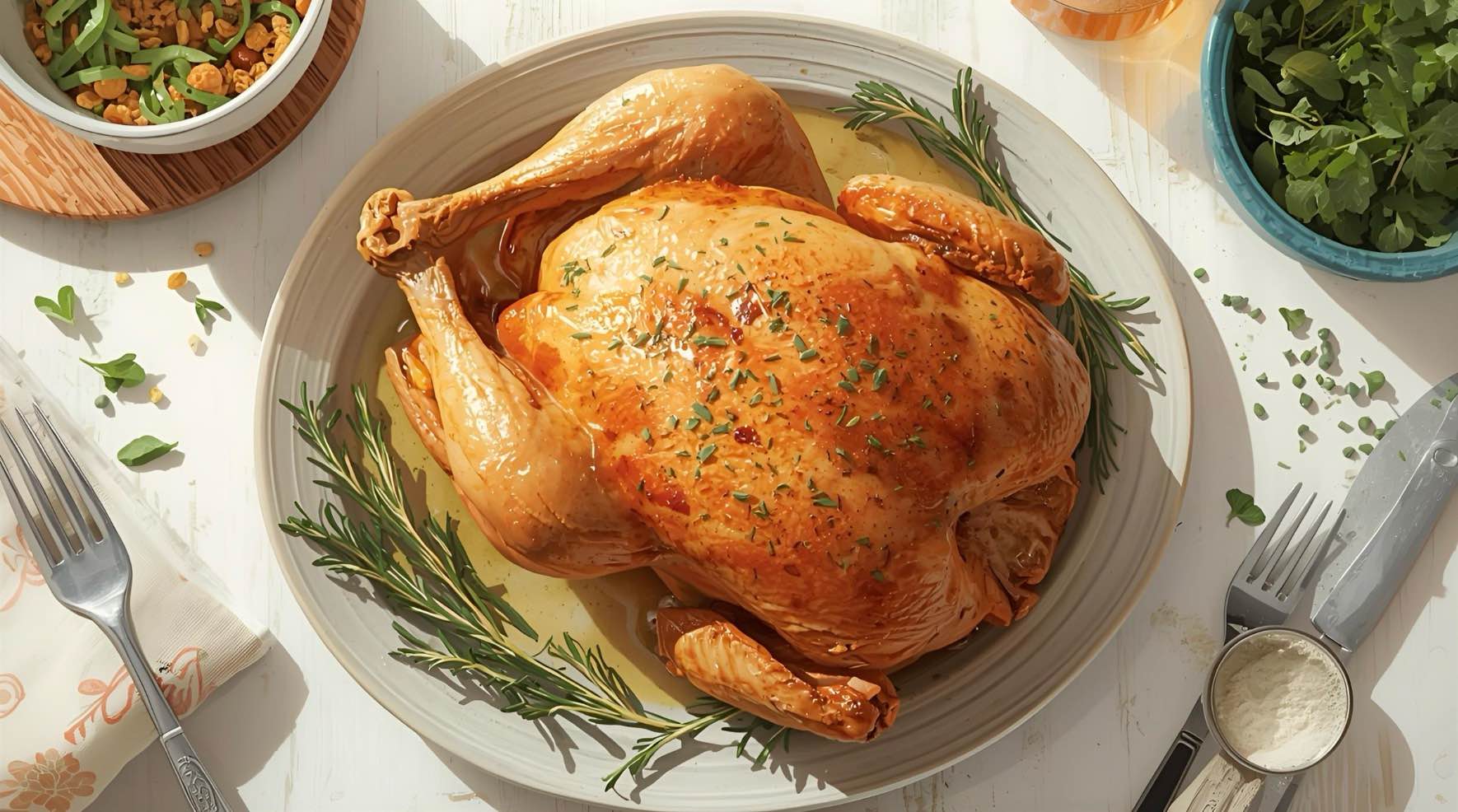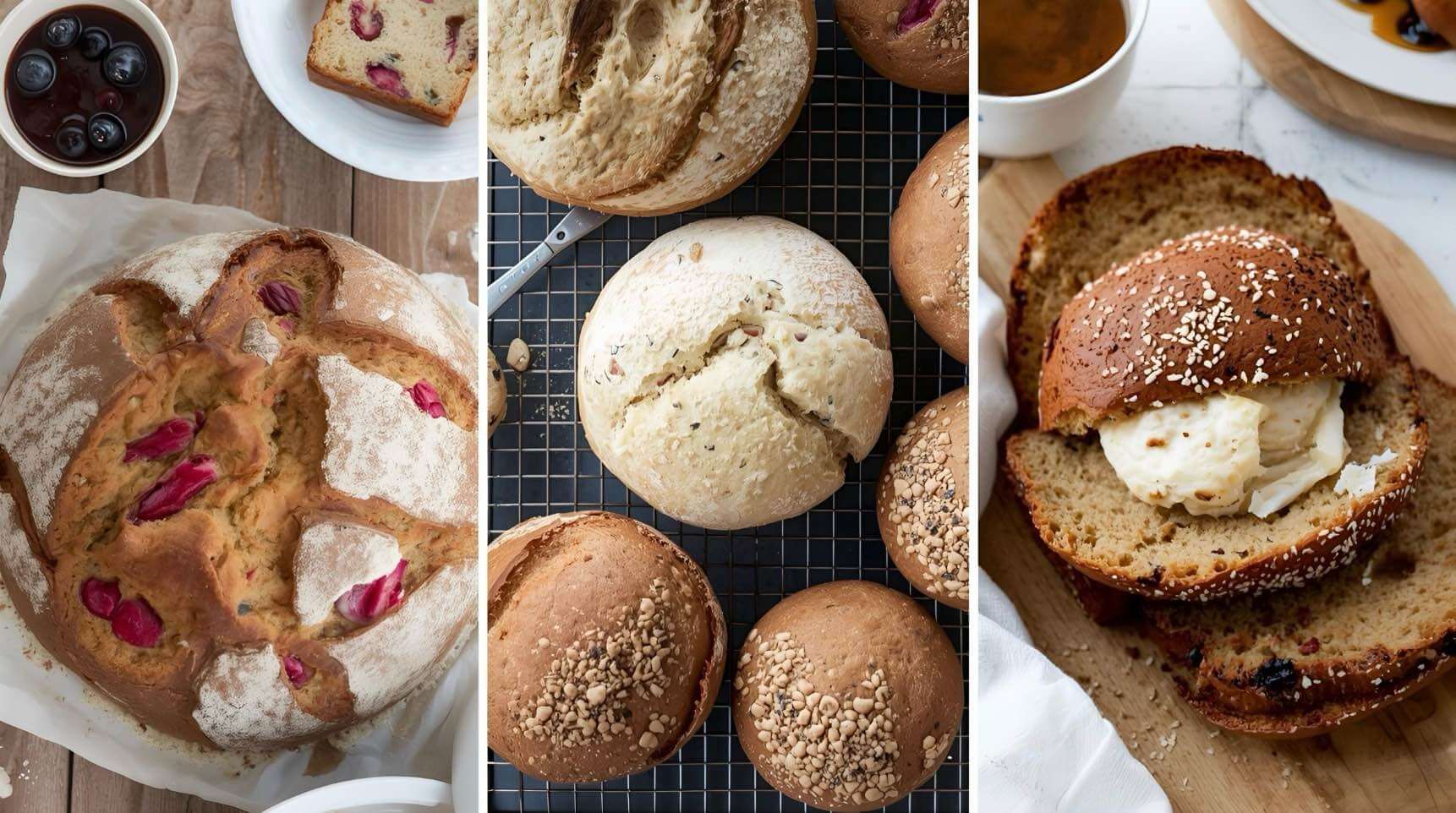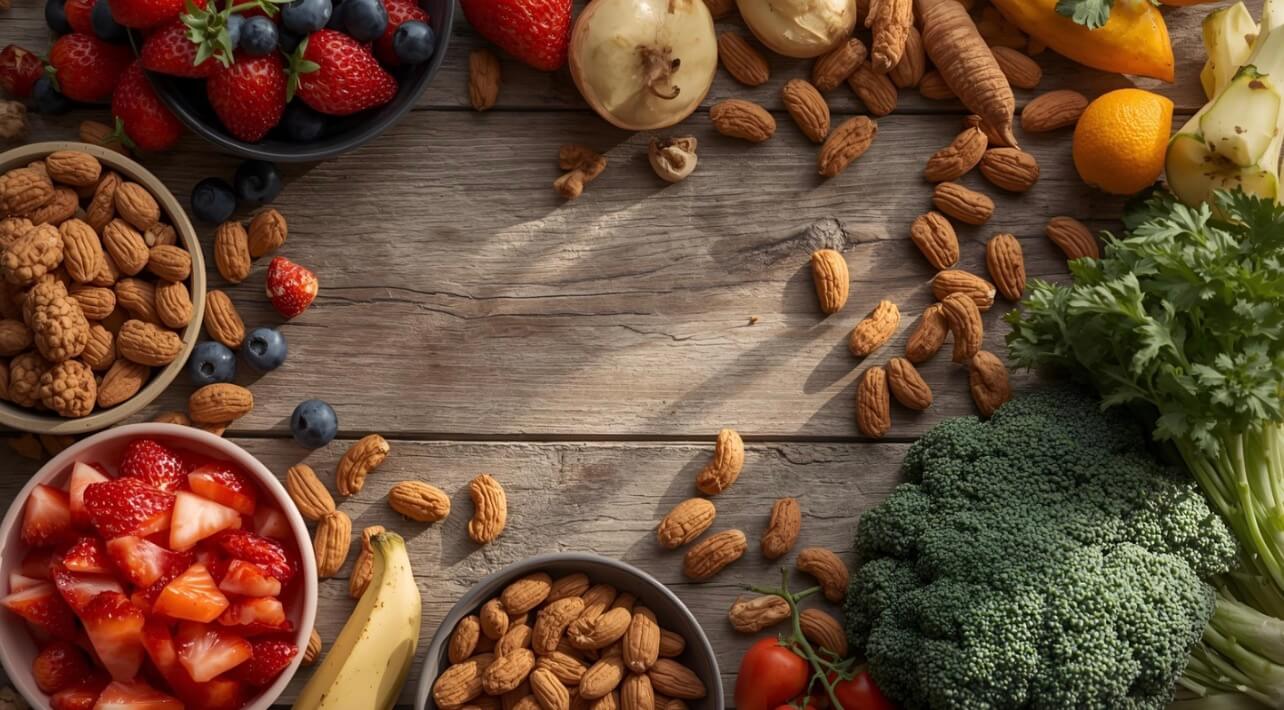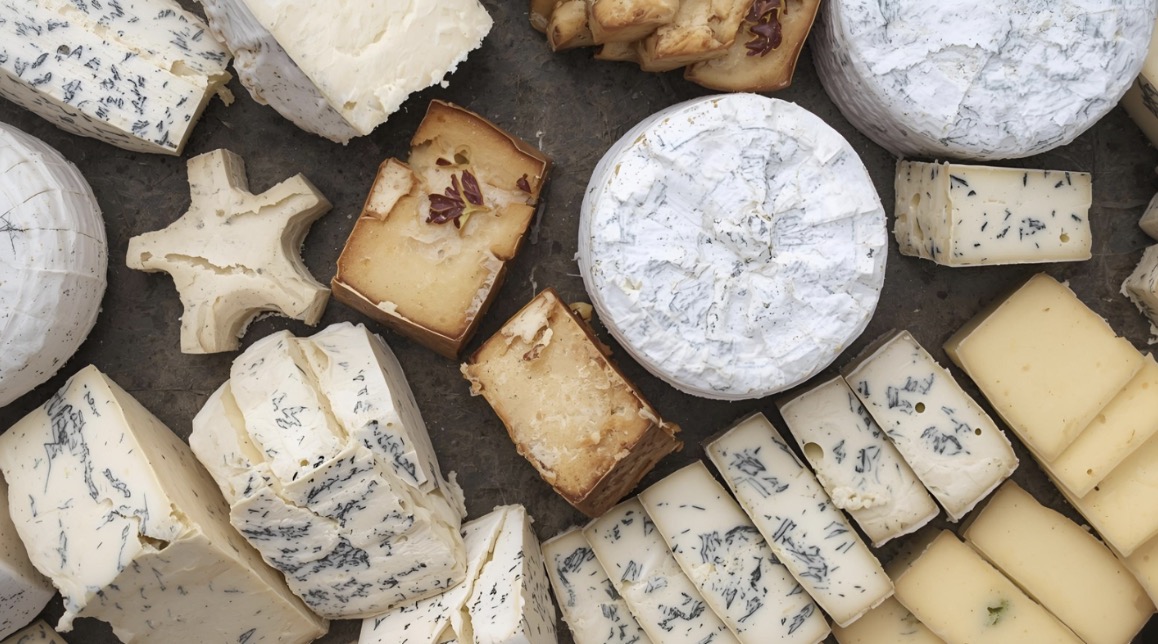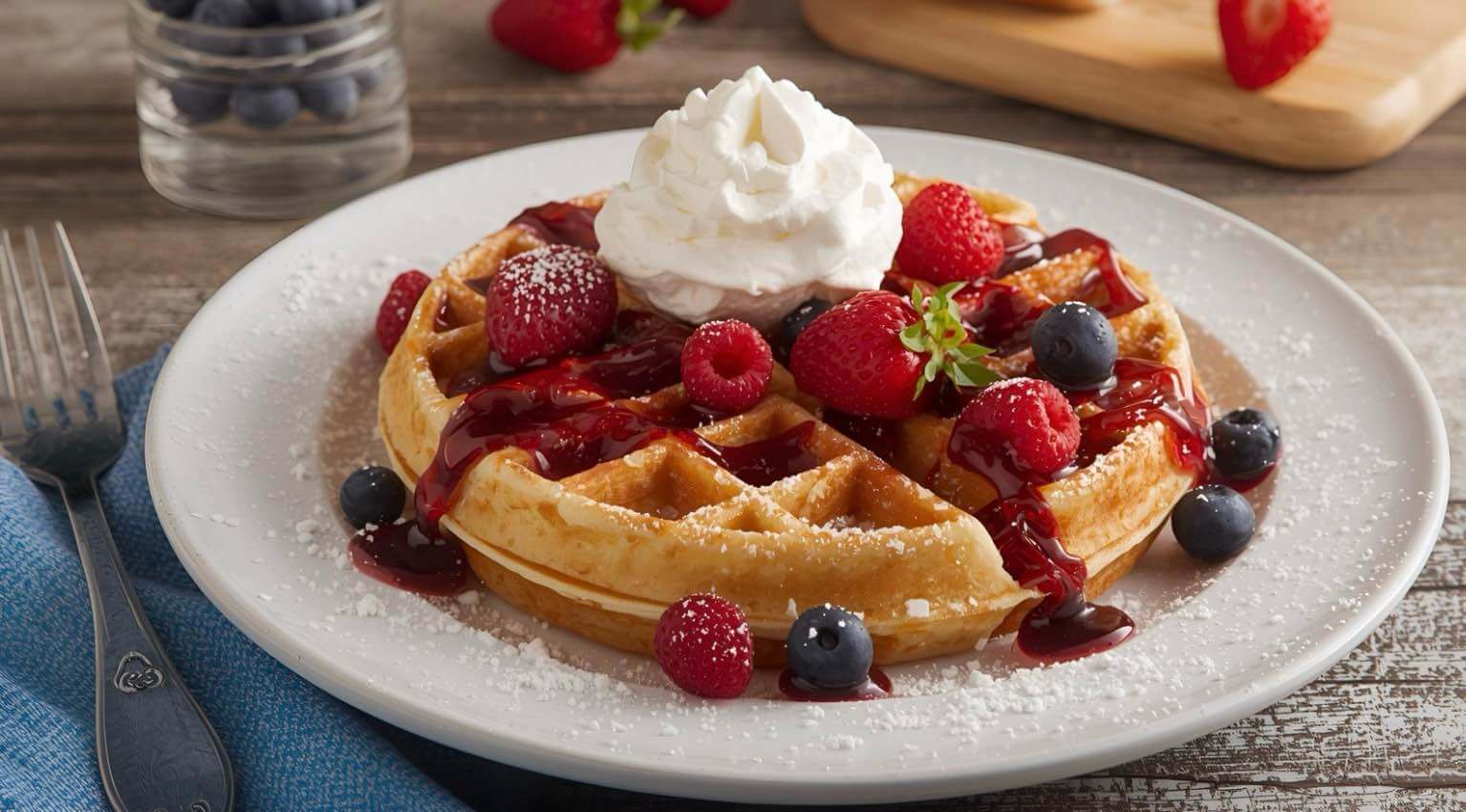Collagen has become a buzzword in anti-aging conversation, but what does science actually say and how can food help? Rather than promising miracle results, a food-science approach focuses on providing the building blocks for your body — high-quality protein, vitamin C, minerals like zinc and copper, and diverse amino acids — and on cooking strategies that make nutritious meals enjoyable. Use CookPal AI to import recipes, generate collagen-supporting meal plans and manage a digital cookbook so science-backed eating becomes simple and delicious.
What Collagen Is and Why It Matters for Health and Anti-Aging
Collagen is the most abundant structural protein in the human body, forming long fibrils that give skin, tendons and bones tensile strength and elasticity. There are multiple collagen types (I, II, III are common in skin and cartilage), and their unique amino-acid patterns — especially glycine, proline and hydroxyproline — make fibrils strong and resilient. Importantly, dietary collagen is digested into peptides and amino acids; your body then reassembles them into new proteins where needed. That synthesis depends on key co-factors: vitamin C is essential for enzymatic cross-linking of collagen molecules, while minerals like zinc and copper support protein metabolism. From a science perspective, maintaining overall protein intake and micronutrient sufficiency provides the raw materials the body needs for ongoing repair and structural maintenance, which underpins long-term health and gradual anti-aging strategies.
Do Collagen Supplements Work? What Reliable Reporting and Research Say
Interest in collagen supplements has surged, but careful reporting and scientific reviews highlight mixed evidence rather than a universal endorsement. Some clinical trials and small randomized studies have reported modest improvements in skin elasticity or hydration after months of taking specific collagen peptides, while other work shows minimal effects; expert commentary often calls for larger, longer, and better-controlled trials to confirm benefits and clarify who might respond best. Mechanistically, orally consumed collagen peptides could supply amino acids or act as signaling molecules, but digestion alters molecular form before absorption. For people considering supplements, a cautious approach is sensible: weigh potential modest gains against cost, choose products with transparent quality control, and prioritize dietary patterns that supply protein and co-factors necessary for endogenous collagen production.
Food-First Strategies: Collagen-Rich Foods and Nutrients That Help
A food-first strategy focuses on whole foods that either provide collagen-rich proteins or the nutrients your body needs to build collagen. Traditional sources include bone broth and gelatin (made from cooked collagen), plus skin-on poultry, connective tissues in slow-cooked meats, and certain seafood. Equally important are co-nutrients: vitamin C from citrus, berries and bell peppers is essential for collagen cross-linking; adequate total protein from legumes, eggs, dairy and meat supplies amino acids; zinc and copper—found in nuts, seeds, whole grains and shellfish—support enzymatic steps in connective-tissue metabolism. A simple plate might pair a simmered broth-based soup with citrus-dressed greens and a handful of seeds, giving both amino acids and the antioxidant environment helpful for tissue maintenance. Eating diverse, minimally processed foods gives the best chance of supplying the ingredients your body needs for healthy connective tissue and gradual anti-aging benefits.
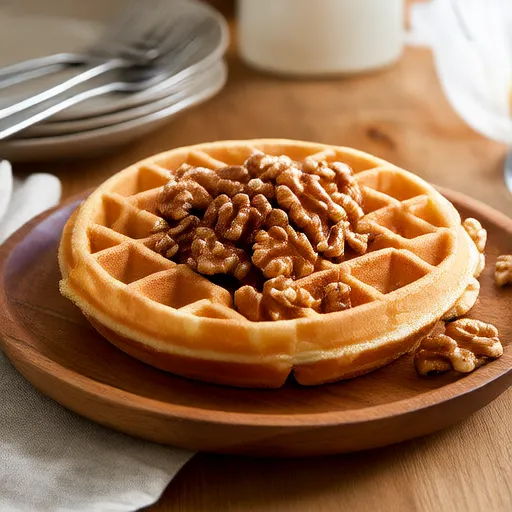
Quick Collagen-Boosting Recipe Ideas and Cooking Tips
Here are simple, tasty recipes that emphasize collagen or its supporting nutrients:
Slow-simmered bone broth with ginger, garlic and carrots — simmer bones for several hours to extract gelatin and minerals, then strain for a rich restorative soup;
Citrus-poached salmon over spinach — combines high-quality protein with vitamin C from citrus, which supports collagen synthesis;
Yogurt and berry bowl with crushed nuts and a squeeze of lemon — easy, protein-rich and vitamin-C boosted;
Homemade gelatin fruit cups using unsweetened juice and fresh fruit as a lighter dessert option. Cooking tips: use low-and-slow methods for connective tissues (pressure cooker or slow cooker shorten time), add vitamin C ingredients near the end when making broths to preserve freshness, and balance flavors so nutrient-rich dishes feel indulgent. Use CookPal AI to import or generate these recipes and tailor them to time, budget and dietary needs.
Practical Anti-Aging Eating Habits: Beyond Collagen Alone
While collagen and its dietary precursors matter, long-term anti-aging and skin health depend on broader lifestyle patterns. Antioxidant-rich fruits and vegetables help protect collagen from oxidative damage; omega-3 fats from fatty fish, walnuts or flaxseed support skin barrier function; sufficient sleep and stress management allow repair processes to run smoothly; and sun protection and avoiding smoking reduce collagen breakdown. Hydration, regular physical activity that supports circulation, and balanced carbohydrate intake to avoid chronic glycation also matter. Think of collagen as one piece in a larger health puzzle: combine nutrient-dense meals with protective habits, and you create an environment where connective tissue maintenance and gradual anti-aging effects are most likely to occur.
How CookPal AI Helps You Turn Science into Everyday Meals
CookPal AI can help translate food-science advice into a personalized kitchen routine: use the AI Recipe Generator to create collagen-supporting dishes tailored to your time and ingredients, or import recipes from TikTok, YouTube and food sites with the Recipe Importer to save favorite bone-broth soups or salmon dishes directly to your collection. Tag recipes with keywords like 'collagen', 'vitamin C' or 'high-protein' and ask the AI to build a weekly plan that balances protein, fruits, vegetables and healthy fats. The app's meal-planning suggestions and digital cookbook make it easy to shop, batch-cook broths and rotate nourishing meals so you consistently supply the raw materials your body needs for connective-tissue maintenance and long-term health.

